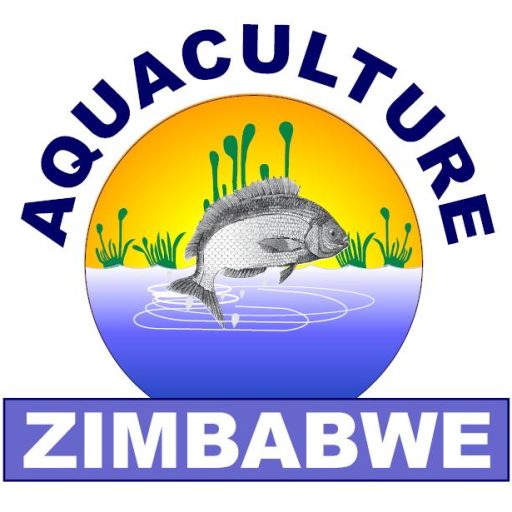Vision
We envision the presence of food-secure, healthy, resilient communities with access to viable and sustainable livelihoods. We look forward to a world with zero hunger and no poverty, where there is food on every table at every mealtime and diversified sustainable livelihoods form the mainstay of resilient communities.
Mision
We seek to facilitate water-based, driven, and linked community initiatives in rural and urban Zimbabwe in a bid to establish sustainable livelihoods and development. By strengthening resilience capacities and supporting economic development through training, access to inputs, and markets we are enhancing food and income security of smallholder farmers in rural communities of Zimbabwe.
Values
Innovation and Forward Thinking, Inclusiveness, Excellence and Workmanship, Efficiency, Accountability, Transparency and Impartiality.
People reached todate with various interventions.
People capacitated on climate smart agricultural practices.
Women diversified livelihoods
Increase in number of people with increased food security.
Increase in adoption of climate smart agricultural practices
Who we are
Aquaculture Zimbabwe is a national Non-Governmental Organization that was founded in 2008 as a trust and later registered as a Private Voluntary Organization (PVO 33/12) in 2012. We are a locally led organization that is proximate to the community, purposely lean, and responsive to the needs of the communities. We work with rural smallholder communal farmers with a specific focus on those most affected, marginalized, and excluded. Rural smallholder farmers who constitute 70% of Zimbabwe’s population are largely affected by various shocks chief among them climate change effects therefore realizing low agricultural yields resulting in food and income insecurity. Our programming address SDG1, SDG2, SDG5, SDG13 and SDG15.
Our Leadership

Garikaimose Tongowona: Country Director
Garikaimose is a co-founder and Director of Aquaculture Zimbabwe. He is a results-oriented, pragmatic, and effective leader who has successfully steered the organization to remarkable milestones earning himself awards such as the Zimbabwe CEO’s Network Top CEO for 2022 in the Silver Category. PhD(in progress), MA(Dev Studies), BA(Dev Studies), Dip(Education)
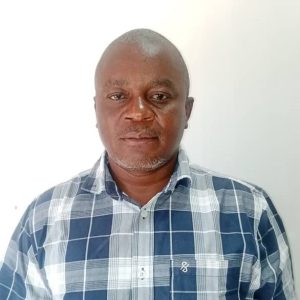
Martin Dingwa: Operations Director
Martin is the co-founder and Technical Operations Director for Aquaculture Zimbabwe. He is very passionate about the development of the fisheries and aquaculture subsector where he is a technical committee member of the Standards Association of Zimbabwe (SAZ) team that authored Fish and Fish products standards. MCom(Strategic Mgmt & Corp. Gov.), BCom(Bus. Mgmt), BSc(Comp. Scie & Eng.)

Nobody Mbulayi: Financial & Admin. Manager
Nobody Mbulayi is the Finance and Administration Manager for Aquaculture Zimbabwe. He has more than twenty years’ experience in finance and accounting with vast knowledge of administration. He is performance-driven, has initiative and pays attention to detail. B.B.Mgt Hons.(Finance) ACCA, MSc (Fin. Eng.)
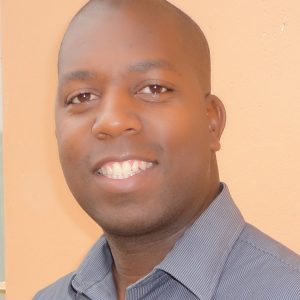
Julius Sadi: Program Support Manager
Julius Sadi is the Program Support Manager for Aquaculture Zimbabwe. He is an accomplished development practitioner with over 20 years of experience working for the government, private sector, Non-Governmental Organizations, and inter-governmental agencies. MCom(Strategic Mgmt), BSc(Agric)
25 core staff members
We have a diverse team of staff from various backgrounds and competences housed in three key units: Technical (covering fisheries, aquaculture, health and nutrition, WASH, extension support), Finance and Administration and Programmes Support (covering monitoring and evaluation, knowledge management, farm enterprise development and project development). AQZ maintains a roster of trained and experienced humanitarian and development professionals who can be called in as need arises.
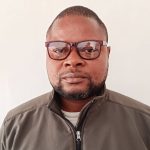
Heribani Pepukai
Project Coordinator

Chitanda Mapiye
Project Coordinator

Nesta Mashavira
Engineer
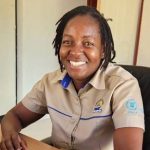
Isabel Munyoro
Finance Officer

Christine Manyadze
Finance Officer

John Shumba
Field Officer
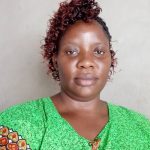
Vimbainashe Bodzo
Field Officer

Beveny Lameck
M&E Officer

Melissa Zharare
M&E Officer

Hilda Chihombori
Field Officer

Nancy Rukainga
Field Officer
Our Partners
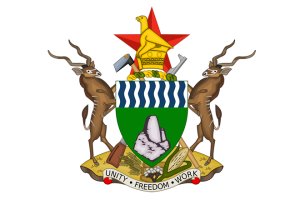
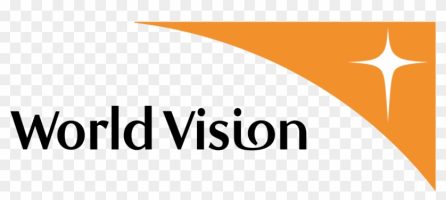
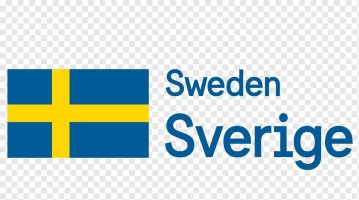
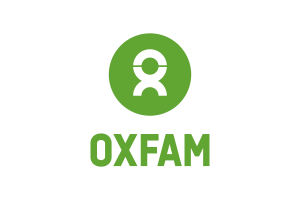

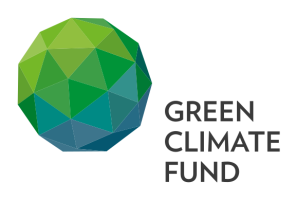
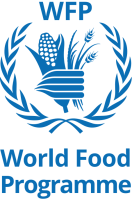
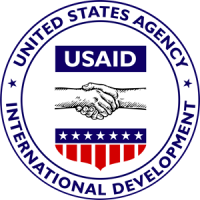

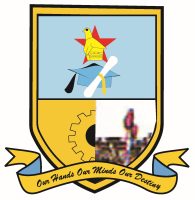

Protracted Relief Program (2011-2012, DFID, AusAID, DANIDA, the Royal Netherlands Embassy and the Norwegian Agency for Development (NORAD), World Bank, European Union)
Training for Rural Economic Empowerment (2011), Skills for youth employment and rural development in Zimbabwe (2013, International Labour Organization)
Technical Assistance for Aquaculture Enterprise Development in Zimbabwe (2013, Centre for the Development of Enterprises, European Union/ ACP)
Enhancing Biodiversity through Sustainable Integrated Agriculture Aquaculture for smallholder farmers. (2012-2014 GEFSGP United Nation Development Programme)
Productive Assets Creation (2013-2014, United Nations World Food Programme)
Integrated and Sustainable fisheries and Aquaculture Production for Improved Food Security of Vulnerable Households in Zimbabwe – led by World Vision, partnering Basilwizi Trust (2013-2017 European Commission)
Livelihoods and Food Security Program Market Development component – partnering Aquafeeds (2015-2017, Department For International Development)
Emergency El Nino Response project – partnering with Oxfam (2016-2017, Ministry of Foreign Affairs (MoFA) Netherlands)
Sustainable Aquaculture for Improved Livelihood – (2016-2017, United States African Development Foundation.)
Food Assistance For Assets (2017-2018 – World Food Programme)
Lean Season Assistance (2017-2019 – World Food Programme)
Join us and start making a positive difference
We are frequently looking for talented individuals to join our team as interns, graduate trainees, volunteers or paid staff. You can view our current job openings and volunteer opportunities on our website careers page:coming soon.
How we work
Aquaculture Zimbabwe takes a holistic and community-driven approach to development. Rather than imposing top-down solutions, we work closely with local farmers, cooperatives, and stakeholders to understand their unique challenges and priorities. Our team of experts collaborate with communities to co-create sustainable, context-appropriate solutions that improve food security, economic opportunities, and environmental management.
Our development initiatives focus on providing hands-on training, infrastructure support, and access to quality inputs and markets. AQZ emphasizes knowledge sharing, peer-to-peer learning, and building the capacity of local aquaculture leaders and associations. By empowering communities to lead their own development, AQZ ensures the long-term viability and impact of their programs.
Ethical framework
AQZ is committed to promoting aquaculture practices that minimize ecological harm and enhance biodiversity. They prioritize low-impact, nature-based solutions that protect water resources, soils, and local ecosystems.
AQZ believes in inclusive development that benefits marginalized groups, including women, youth, and small-scale farmers. They actively work to address inequities and empower disadvantaged communities.
AQZ operates with the highest standards of transparency, regularly reporting on their activities, impacts, and use of funds. They are accountable to the communities they serve as well as their donors and partners.
AQZ cultivates mutually beneficial partnerships with government agencies, research institutions, NGOs, and private sector actors. They uphold principles of fair trade, intellectual property rights, and equitable benefit-sharing.
AQZ is a learning organization that constantly evaluates and adapts its approaches based on feedback, monitoring and evaluation, and emerging best practices in the field of sustainable aquaculture.
Frequently Asked Questions
Fill in the volunteer registration form at https://aquazim.org/application-for-voluntary-work/
We work in over 13 districts in Zimbabwe
- Masvingo
- Bikita
- Gutu
- Zaka
- Chivi
- Bindura
- Mwenezi
- Chirumhanzu
- Chegutu
- Insiza
- Zvishavane
- Beitbridge
- Umzingwane
- Binga
- Hwange
- Kariba
- Kwekwe
- Gokwe South
- Mutasa
- Mt Darwin
- Chiredzi
- Chimanimani
- Our approach to development
- Our ethical framework
Building resilient communities
- Agriculture and Food Security
- Environment and Climate Change
- Disaster Preparedness and Response
Economic Livelihoods Support
- Enterprise development
- Financial Inclusion
Infrastructural development
Mainstreaming Cross Cutting Issues
– Social Cohesion
– Gender justice
– Disability Inclusion
– WASH
Over a $1 million worth of annual programs budgetary support for community resilience strengthening activities
